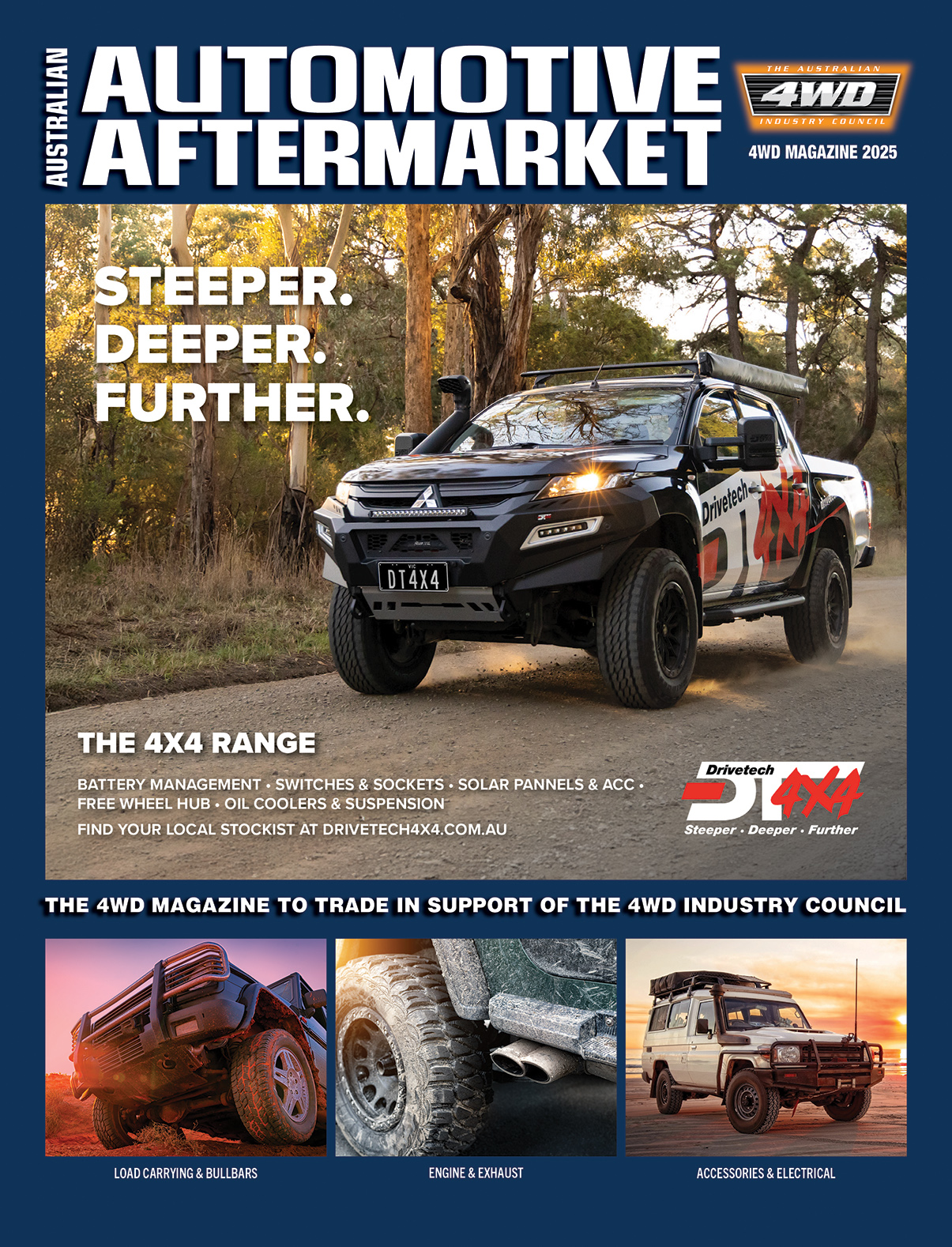DIESEL PARTICULATE FILTERS AND TURBOCHARGERS
In this article, GCG discusses the causes, effects and diagnosis of common problems associated with these two important components present on most modern diesel engines

Diesel Particulate Filters (DPFs) perform an important function in modern diesel-powered cars.
They capture and store exhaust soot and ash in a honeycomb-shaped substrate made from a special, ceramic material. Those particulates are then burned off as the filter regenerates.
However, when a DPF does not reach the temperature required to burn off the soot and ash trapped inside the ceramic honeycomb filter, these particulates will build up and eventually prevent the DPF from working properly.
What follows is a loss of performance, lack of power and torque, but perhaps more importantly, a blocked DPF can have a flow-on effect on the turbo reliability and longevity.
GCG offers the following as a breakdown of symptoms, their underlying causes, and affects you can expect when a blocked DPF starts affecting your turbocharger:
- Loss of Power / Poor Acceleration
• Cause: Exhaust backpressure from a blocked DPF reduces exhaust flow to the turbocharger turbine.
• Effect: Turbo cannot generate sufficient boost; engine feels flat and unresponsive.
• Solution: Diagnose DPF backpressure with a differential pressure test, using a Manometer. Pressure should read around 10Mb. Clean or replace DPF, verify turbo boost levels after repair.
- Delayed Turbo Spool / Turbo Lag
• Cause: Restricted exhaust flow slows turbine acceleration.
• Effect: Noticeable lag between throttle input and boost response, especially at low RPM.
• Solution: Inspect and rectify or clean DPF blockage; check for carbon build-up on turbine wheel; recalibrate boost control if needed.
- Turbocharger Overheating
• Cause: High backpressure increases exhaust gas temperature upstream, overheating turbo bearings and housing.
• Effect: Premature bearing wear, oil breakdown, and potential cracking of turbine housing.
• Solution: Replace or clean DPF. Inspect turbo oil feed and return lines for coking. Replace heat-damaged components.
- Unusual Turbo Noise (Whistling, Siren, Screech)
• Cause: Abnormal turbine loading or bearing wear due to backpressure or oil starvation.
• Effect: Progressive damage to turbine/compressor wheels, risk of catastrophic turbo failure.
• Solution: Rectify DPF blockage. Inspect turbo bearings for wear. Replace damaged turbo if noise persists.
- Oil Leaks into Turbocharger Housings
• Cause: Backpressure forces gases past turbo seals or overheats oil, breaking down seal integrity.
• Effect: Blue smoke from exhaust, oil contamination of intercooler and intake system, loss of lubrication.
• Solution: Replace or clean DPF. Inspect turbo seals. Clean intercooler and intake piping. Replace turbo if seals are compromised.
- Frequent Limp Mode Activation
• Cause: ECU detects excessive exhaust backpressure via pressure sensors.
• Effect: Engine reduces boost and limits RPM to protect components from overpressure damage.
• Solution: Verify DPF blockage with scan tool readings. Repair or replace DPF. Clear error codes and perform test drive under load.
- Boost Pressure Fault Codes (P0234 – Over boost / P0299 – Under boost)
• Cause: Abnormal exhaust dynamics from blocked DPF affecting turbo control.
• Effect: Over boost can damage pistons/valves; under boost reduces performance and fuel efficiency.
• Solution: Repair DPF blockage. Inspect and free VGT vanes if fitted. Check actuator operation and recalibrate if necessary.
- Soot / Carbon Build-Up on Turbocharger Components
• Cause: Prolonged soot-rich exhaust backflow toward turbine and variable vanes.
• Effect: Sticking vanes, reduced efficiency, eventual turbo seizure if unaddressed.
• Solution: Clean or replace DPF. Dismantle and clean turbocharger. Ensure engine combustion efficiency is restored to prevent recurrence.
GCG Turbos says it is “Australia’s most trusted turbo supplier.”
Established in 1979, GCG is a Master Distributor for Garrett, BorgWarner, IHI, Holset, and Mitsubishi; supplying turbochargers to the trade, transport, performance, mining, marine, and construction industries.
For more information, visit www.gcg.com.au





